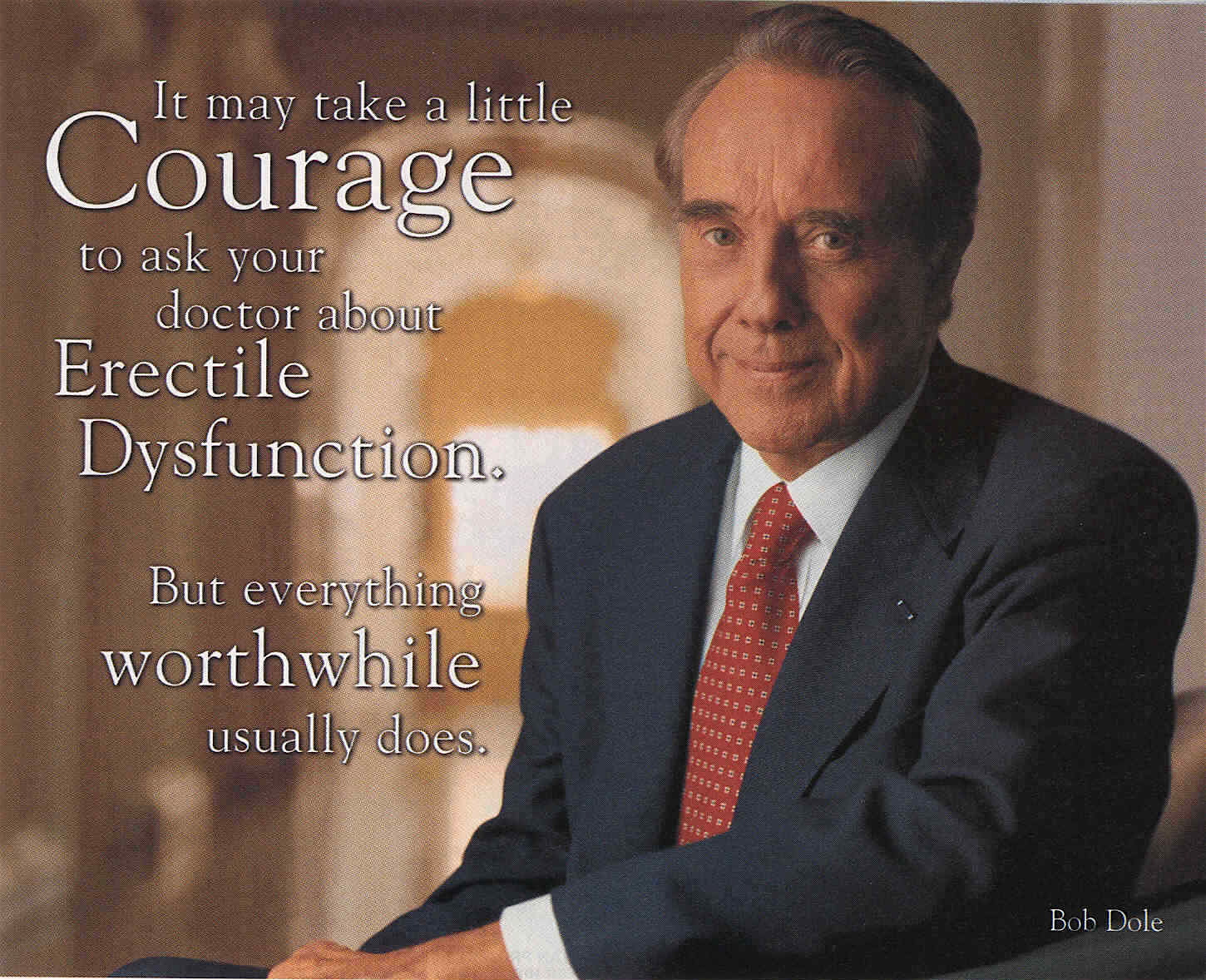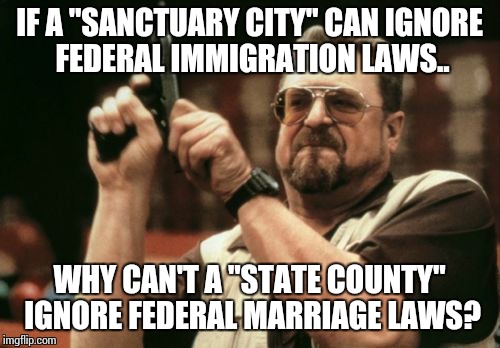
When it comes to the Constitution’s Taxing and Spending Power, South Dakota v. Dole (1987) gives Congress the power to withhold funds to states.
Here’s the simple facts of South Dakota v. Dole. In connection with U.S. Code, Title 23, Chapter 1, section 158, South Dakota v. Dole dealt with the constitutionality of the National Minimum Drinking Age Act, which Congress passed. Congress prohibited states from selling alcohol to people under 21 years of age. If states like South Dakota (Petitioner) violated this Act, Elizabeth Dole, Secretary of Transportation, would withhold highway funds.
Before the Supreme Court, here’s the issue in Dole: Can Congress withhold highway funds if states do not adopt the uniform 21-year-old drinking age?
This case set the following rule: Under the Taxing and Spending power clause of the constitution, Congress’ non-coercive financial incentives are constitutional on states.
In a majority decision of 7 to 2, Justice Rehnquist delivered the majority opinion. In regards to the federal law, Rehnquist discussed the spending power rule. First, he said the federal spending must promote the general welfare. Second, set conditions on states must be clear. Third, the conditions placed on states must be related to the federal interest in particular projects or programs. Fourth, the condition can’t be unconstitutional on the states. Finally, the condition can’t be coercive to the states.
Justice Sandra Day O’Connor had an interesting dissent. First, O’Connor said states have their own power to set the state drinking age under the 21 Amendment (omitted from some law books). Second, she said this law wasn’t a condition because Congress is actually regulating the state’s drinking age. Third, she said this law is too coercive for states. Essentially, O’Connor was skeptical of federal power in her dissent.
Ironically, the issue of the spending power would surface in NFIB v. Sebelius. In this case, the court said states do not have to adopt the Medicaid expansion; therefore, states don’t lose any federal funding. That being said, 50 states have adopted the Medicaid expansion.
To date, the Supreme Court hasn’t taken up the issue of a crossed line on spending power cases. In McCulloch v. Maryland, over a 198 years ago, Justice John Marshall suggested that there might be a limit that’s not consistent with the spirit of the constitution. Furthermore, NFIB v. Sebelius said a law that intrudes on a state’s sovereignty isn’t proper. Nevertheless, in Dole, the court punted on where a line is drawn.
In the end, Dole said Congress can withhold funds to states because it’s constitutional under the Taxing and Spending power. However, South Dakota v. Dole begs the following question: When does withholding state funds become too coercive? Currently, this issue is live before the Supreme Court in the sanctuary city cases.
